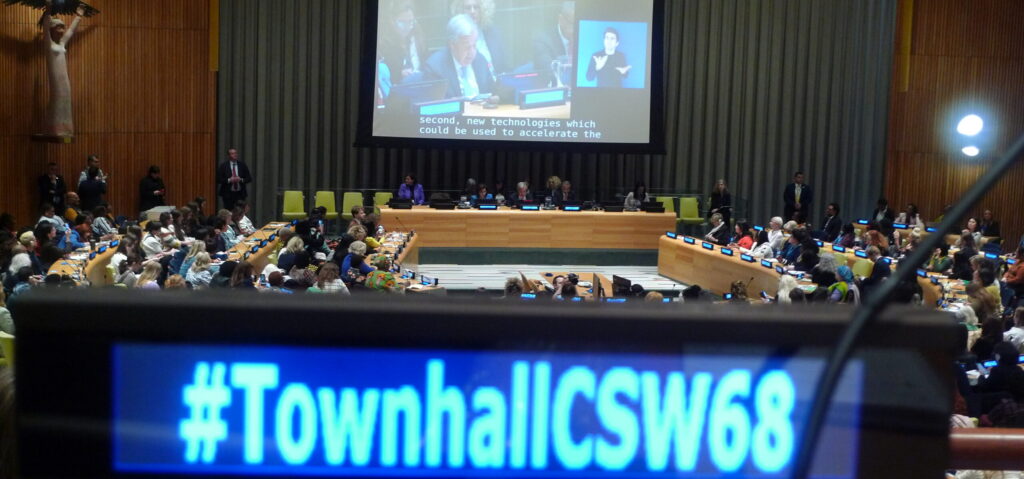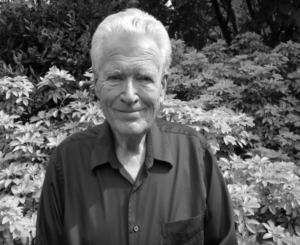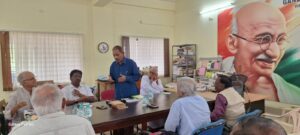Rev. Dr. Esther Suter, our main representative to the UN, has written a short update on the 68th session of the UN Commission on the Status of Women (CSW). It touches upon critical issues discussed during the event, including the challenges faced by women in the digital age, the importance of including young voices in the fight for gender equality, and the ongoing struggle between cultural practices and universal human rights. A more detailed report from the event will follow.

Pushback against the Pushback
The 68th session of the UN Commission on the Status of Women received 10,600 registrations from NGOs, and 4,800 participants travelled to New York.
At the Town Hall Meeting for civil society on March 13, the General Secretary Antonio Guterres warned that AI is a male-dominated and defined field that ignores a women-specific mindset. This ‘Digital Gender Divide’ must be bridged. He encouraged women to work together with like-minded men. These men could take on the persuasive work that is difficult for women to carry out in discussions with religious (male) leaders about gender equality or domestic violence. The topic of male values about masculinity in education of boys and for adult men must be reintroduced in order to raise awareness of stereotypical patterns. “Pushback against the pushback,” he advised.
One visible success is the inclusion of the younger generation. Young women like 18-year-old Toniyah made a statement: As an African-American, she spoke about the changing narrative that black voices are not being heard. She belongs to Black Girls Rising Inc., an organization in Ohio that accompanies black girls and focuses on their mental and emotional health. A research project follows girls growing up and examines how they experience their world and how they are affected by stress factors. They want to change the narrative that their voices are not important enough and try out positions of power where they are heard. So Toniyah can say: “We are the youth, so therefore we are the future.”
Cultural or (female) human right?
An African woman in a parallel event told about a “pushback”: In 2015, Gambia banned female circumcision by law and punished it with up to three years in prison. Politicians supported a controversial bill on March 18 to lift this ban. The Gambia would be the first country in the world to remove legal protection from such a harmful practice for millions of women and girls, on the grounds of the (male) petitioner that the ban violates the rights of citizens. This practice is in keeping with an ancient culture and religion in what is now a predominantly Muslim country. Genital circumcision (also known as genital mutilation) is internationally classified as a harmful practice and contradicts universal human rights.
The Gambia organized a side event on “Empowering Women and Girls by addressing Poverty through Sexual and Gender Based Violence financing in the Gambia” with the First Lady of the Republic of Gambia. Neither in the introduction nor in the votes was the possible change in the law mentioned. The reports focused on measures such as the establishment of “Shelter.” The issue of violence against women and girls was described in general terms, without mentioning FGM or referring to it as violence. One journalist asked directly, and the official answer was that this bill would not be presented to parliament. It remains to be seen whether women in the Gambia will sufficiently oppose such a bill. Could this example indicate a new trend? Or will it create opposing forces and help deepen the issue of cultural and religious identity?






